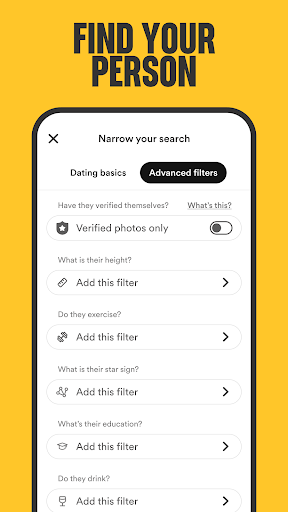
WEIGHT: 58 kg
Bust: 38
1 HOUR:50$
NIGHT: +90$
Sex services: Golden shower (out), Food Sex, Photo / Video rec, Golden shower (in), Sex lesbian
Headaches in children are common and usually aren't serious. Like adults, children can develop different types of headaches, including migraines or stress-related tension headaches. Children can also have chronic daily headaches. In some cases, headaches in children are caused by an infection, high levels of stress or anxiety, or minor head trauma. It's important to pay attention to your child's headache symptoms and consult a doctor if the headache worsens or occurs frequently.
Headaches in children usually can be treated with over-the-counter OTC pain medications and healthy habits such as a regular schedule for sleeping and eating. Children get the same types of headaches adults do, but their symptoms may be a little different. For example, migraine pain in adults often lasts at least four hours — but in children, the pain may not last as long. Differences in symptoms may make it difficult to pinpoint headache type in a child, especially in a younger child who can't describe symptoms.

In general, though, certain symptoms tend to fall more frequently into certain categories. Even infants can have migraines.
A child who's too young to tell you what's wrong may cry or rock back and forth to indicate severe pain. Younger children may withdraw from regular play and want to sleep more.

Tension-type headaches can last from 30 minutes to several days. Doctors use the phrase "chronic daily headache" CDH for migraines and tension-type headaches that occur more than 15 days a month. Keep a headache diary. A diary can help you determine what causes your child's headaches. Note when the headaches start, how long they last and what, if anything, provides relief.


































